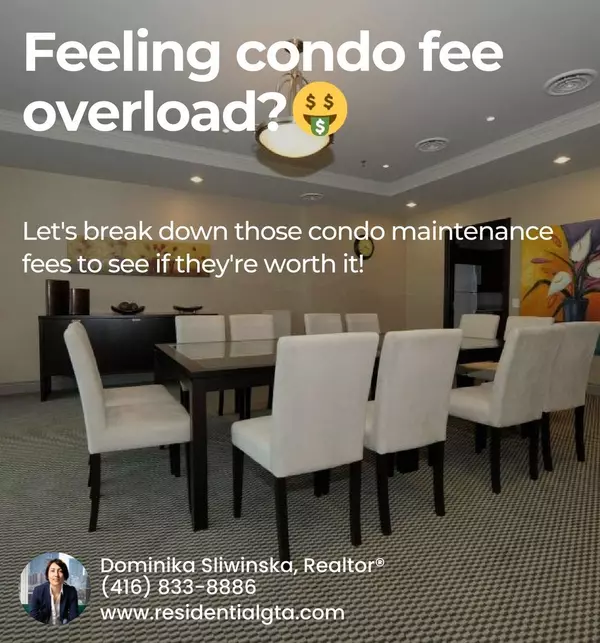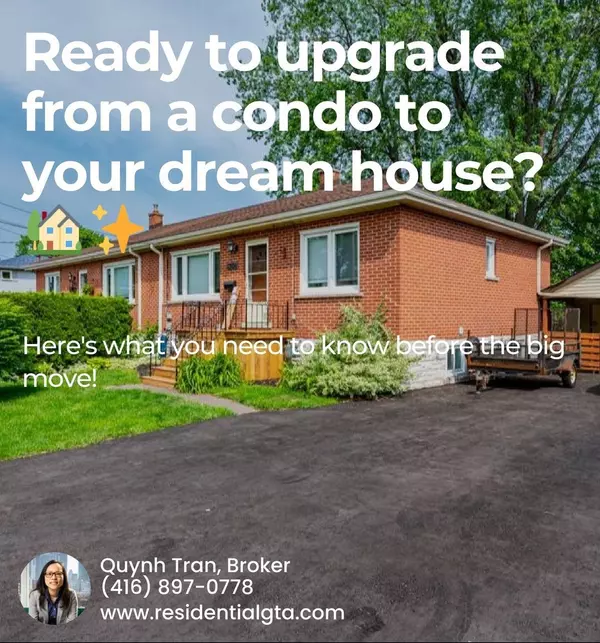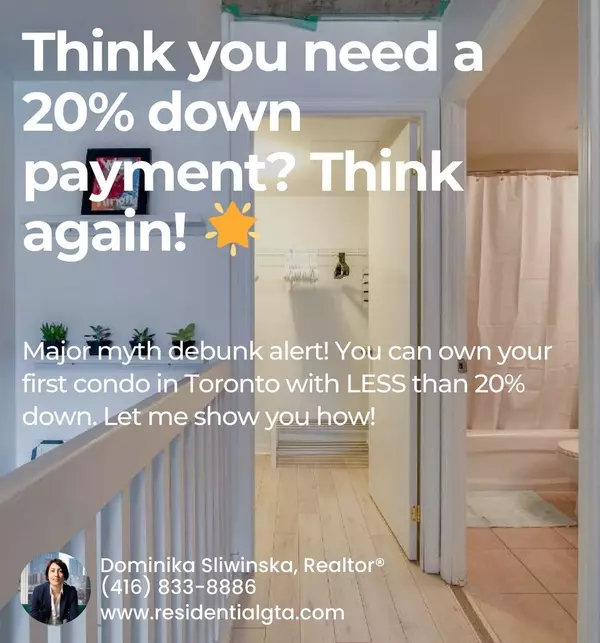5 Hidden Costs First-Time Homebuyers in Toronto Often Overlook
Buying a home for the first time is an exciting journey, but it’s also filled with challenges, especially when it comes to budgeting. Many first-time homebuyers in Toronto focus on the purchase price and miss out on some hidden costs. Here’s a look at some of those often-overlooked expenses that every prospective homebuyer should keep in mind.
1. Home Inspection Fees
One of the first costs that new buyers might not think about is the home inspection fee. Before finalizing your purchase, it’s crucial to have a professional inspect the property. This can cost anywhere from $300 to $500. While it’s an extra cost, it can save you from buying a home with hidden issues.
2. Land Transfer Tax
In Toronto, the land transfer tax is a significant expense. It's based on the purchase price of your home and can add thousands of dollars to your closing costs. For example, a $500,000 property would incur approximately $6,475 in land transfer tax. Also, note that if you're buying within Toronto city limits, you may be subject to both provincial and municipal land transfer taxes.
3. Legal Fees
Legal fees are another necessary but often overlooked cost. You need a lawyer to handle the paperwork and ensure that everything is in order. Expect to pay between $1,500 and $2,000 for real estate legal services. This includes title searches, drafting the purchase agreement, and closing the transaction.
4. Moving Costs
Don’t forget about the cost of moving your belongings to your new home. Whether you hire a professional moving company or rent a truck and do it yourself, there will be expenses involved. Moving within Toronto can range from $500 to $1,500 depending on the distance and amount of stuff you have.
5. Utility Setup Fees
Setting up utilities like electricity, gas, and water can also come with initial service fees. These costs can add up, so it’s wise to contact utility providers beforehand to get an estimate and include this in your budget.
5 Critical Mistakes First-Time Home Buyers in Toronto Make When Setting Their Budget
Now that we’ve covered some hidden costs, let’s discuss the common mistakes first-time homebuyers in Toronto make when budgeting.
# 1. Not Accounting for All Monthly Costs
Many buyers focus on the mortgage payment but forget about other monthly expenses like property taxes, insurance, utilities, and condo fees if applicable. These costs can significantly affect your monthly budget.
# 2. Underestimating Maintenance Costs
Homes require maintenance, and first-time buyers often underestimate these expenses. Plan for regular upkeep like lawn care, painting, and unexpected repairs. Setting aside 1-3% of your home’s value annually for maintenance is a wise decision.
# 3. Ignoring Potential Interest Rate Changes
Interest rates can change, impacting your mortgage payments. If you’re opting for a variable-rate mortgage, understand how rate increases could affect your budget. It’s a good idea to leave some flex room in your finances to accommodate potential hikes.
# 4. Overlooking Closing Costs
Besides the hidden costs we mentioned earlier, closing costs include other expenses like title insurance, appraisal fees, and sometimes even a property survey. These can add up to 1-4% of the purchase price of your home.
# 5. Forgetting About Emergency Funds
Buying a home can deplete your savings, but it’s crucial to keep an emergency fund. If unexpected expenses arise or your income changes, having a financial cushion can keep you from financial stress.
The Ultimate Step-by-Step Guide to Calculating a Realistic Home Budget in Toronto
Calculating a realistic home budget involves a few key steps. Let’s break it down with clear instructions.
# Step 1: Determine Your Income
Start by adding up all sources of income. This includes salaries, side jobs, and any other revenue streams. Make sure you consider after-tax income, as this is your actual take-home pay.
# Step 2: List Monthly Expenses
Write down all your monthly expenses. Include:
- Rent or current mortgage
- Utilities
- Groceries
- Transportation
- Loans and debts
- Entertainment and dining
Don’t forget irregular expenses like annual subscriptions or repair costs.
# Step 3: Calculate Savings and Down Payment
Identify how much you have saved for a down payment. In Toronto, aiming for at least 20% of the home price for the down payment is ideal to avoid CMHC insurance fees. Track your monthly savings contributions and set realistic goals.
# Step 4: Assess Your Debt-to-Income Ratio
Your debt-to-income ratio helps lenders see how much of your income goes towards debt. Add up all monthly debt payments and divide by your gross monthly income. Aim for a debt-to-income ratio below 36%.
# Step 5: Estimate How Much You Can Spend on a Home
Use a mortgage affordability calculator or consult with a mortgage advisor to determine how much you can afford to spend on a home. Consider the following:
- Down payment amount
- Interest rates
- Mortgage term (15, 20, or 30 years)
# Step 6: Include Hidden Costs and Additional Expenses
Add the hidden costs we discussed earlier:
- Home inspection fees
- Land transfer tax
- Legal fees
- Moving costs
- Utility setup fees
# Step 7: Create a Detailed Monthly Budget
Include your estimated mortgage payment, property tax, home insurance, and other monthly costs. Ensure your income comfortably covers all these expenses. Leave some room for unexpected costs and savings.
Example
Let’s consider an example:
Emily is looking to buy her first condo in Toronto. She earns $70,000 per year before taxes and has saved $50,000 for a down payment. She is eyeing a condo priced at $500,000.
1. Annual Income: $70,000
2. Monthly Income: ~$4,083 after taxes
3. Down Payment: $50,000 (10% of purchase price)
4. Estimated Mortgage: ~$2,200 per month
5. Monthly Expenses: $1,000 for other bills and living costs
6. Land Transfer Tax: ~$6,475
Emily calculates her budget and realizes she needs to save a bit more or look for a less expensive home to afford monthly costs and avoid financial strain.
By following these steps, Emily can find a home that fits her financial situation and avoids common mistakes other first-time buyers make.
Conclusion
Buying your first home in Toronto is an achievable goal with careful planning and a realistic budget. Understanding and anticipating hidden costs, avoiding common mistakes, and following a step-by-step budgeting process will set you on the path to homeownership. Take your time, educate yourself, and make informed decisions to transform your dream of homeownership into reality.
Categories
Recent Posts










